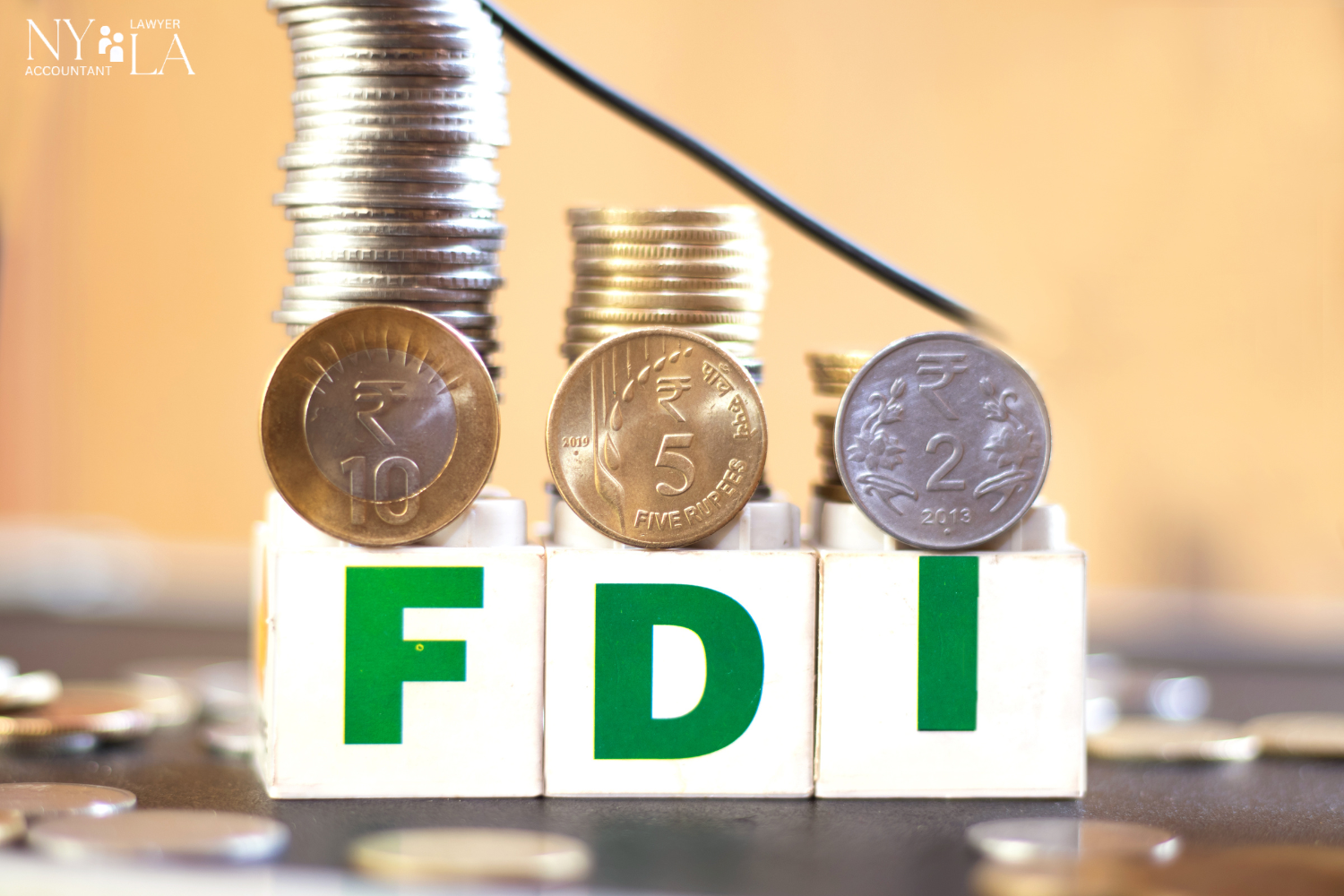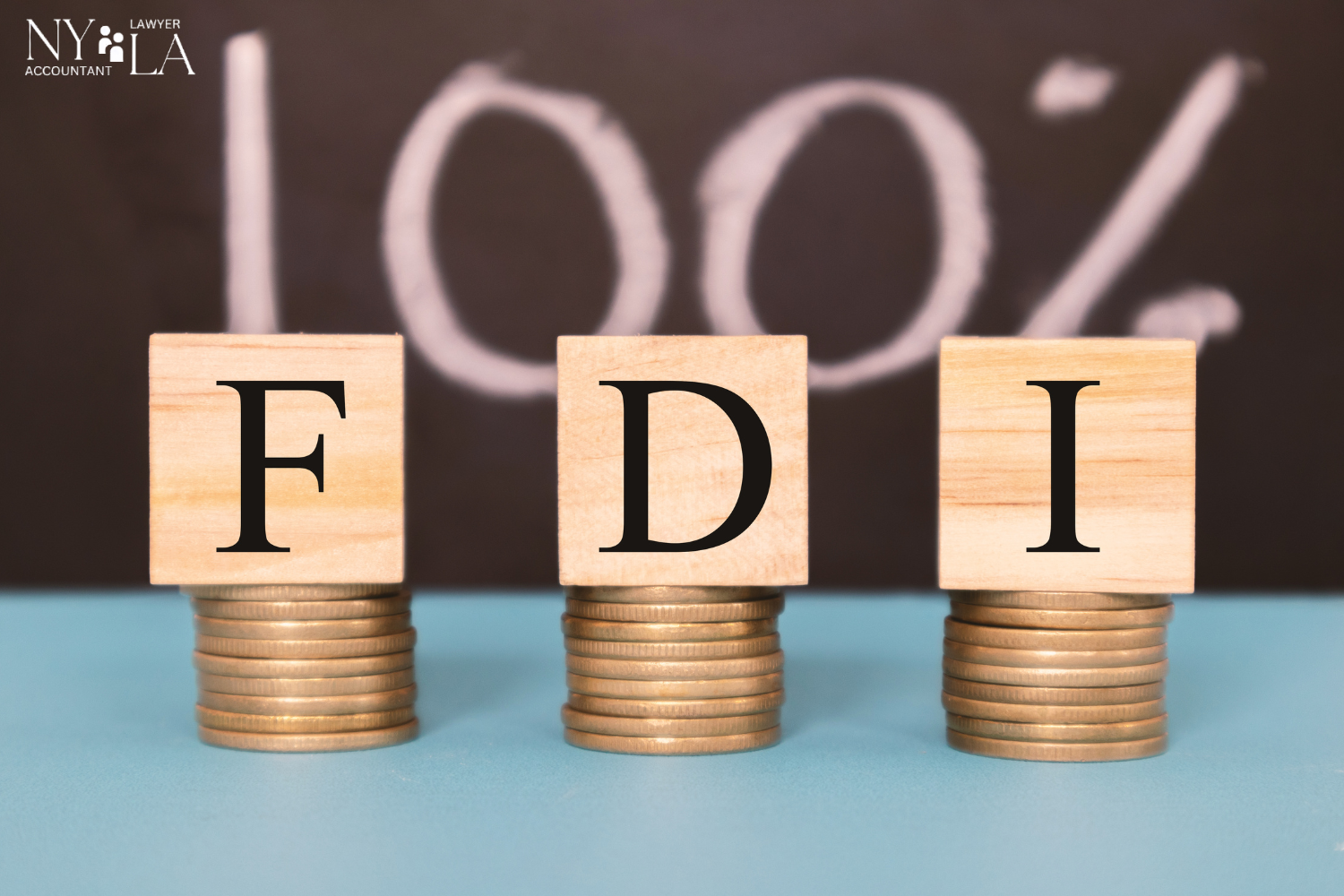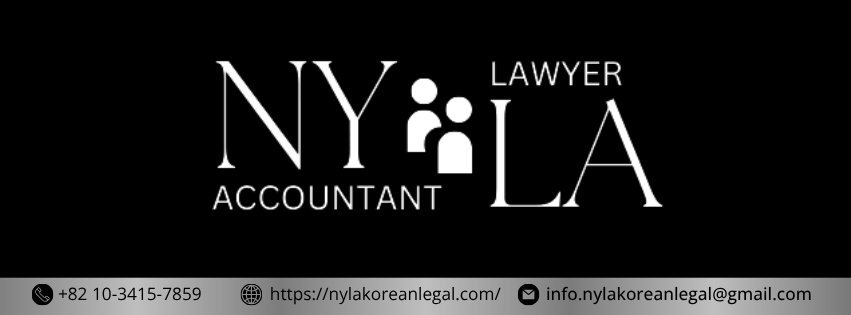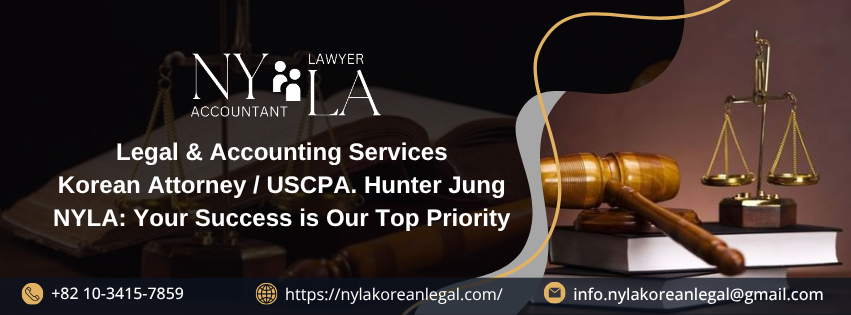Summary
- 1. Introduction to Foreign Direct Investment in Korea
- 2. Legal Framework Governing Foreign Direct Investment in Korea
- 3. Definition of Foreign Direct Investment in Korea
- 4. Who Qualifies as a Foreign Investor in Korea?
- 5. Open and Restricted Sectors for Foreign Direct Investment in Korea
- 6. Sectors Excluded by the Rules on Foreign Investment
- 7. National Security and Ethical Standards in FDI Approval
- 8. Economic Role of Foreign Direct Investment in Korea
- 9. How to Succeed with Foreign Direct Investment in Korea
- 10. Conclusion: Korea as a Strategic FDI Destination
- 11. About NYLA – Korean Legal Office
1. Introduction to Foreign Direct Investment in Korea
South Korea has emerged as one of Asia’s most dynamic economies, ranking as the fourth-largest economy in the region. This vibrant growth makes it a prime destination for foreign direct investment in Korea. With strengths in technology, entertainment, construction, shipbuilding, and manufacturing, Korea presents a wide range of opportunities for international investors. However, investing in Korea requires a thorough understanding of its legal landscape and market regulations.
2. Legal Framework Governing Foreign Direct Investment in Korea
The two primary legal documents that form the foundation of foreign direct investment in Korea are:
-
The Foreign Investment Promotion Act
-
The Rules on Foreign Investment
These laws define the rights, responsibilities, and restrictions of foreign investors looking to enter or expand in the Korean market. Understanding these legal instruments is essential for ensuring compliance and maximizing the success of your investment.

3. Definition of Foreign Direct Investment in Korea
According to Korean law, foreign direct investment in Korea is defined as an investment of at least 100 million KRW made by a foreigner into a Korean business. To qualify as a foreign direct investment:
-
The investor must hold at least 10% of the voting shares in the company, or
-
Contribute at least 10% of the total investment capital, or
-
Even with less than 10% ownership, the investor must appoint or dispatch an executive officer with participation rights in key management decisions.
This structure ensures that foreign investors not only provide capital but also have a say in strategic decision-making processes.
4. Who Qualifies as a Foreign Investor in Korea?
The term “foreigner” under Korean law includes:
-
Foreign individuals (based on nationality)
-
Foreign corporations (based on country of origin and governing law)
-
International economic cooperation organizations (as defined in the Presidential Decree)
When such entities make qualifying investments, they are recognized as foreign investors and gain the legal right to engage in most forms of business activities within the country.

5. Open and Restricted Sectors for Foreign Direct Investment in Korea
Out of 1,135 business sectors in Korea, 1,106 sectors are open and unrestricted for foreign direct investment. This reflects Korea’s strong commitment to economic openness and global integration.
However, 29 sectors are partially or completely restricted. Among them, three sectors are strictly off-limits to foreign investors:
-
Nuclear power generation
-
Radio broadcasting
-
Terrestrial broadcasting
These are considered sensitive industries due to their implications for national security and public influence.
6. Sectors Excluded by the Rules on Foreign Investment
According to Article 4 of the Rules on Foreign Investment, there are several categories completely excluded from foreign investment, including:
-
Financial and auxiliary services such as postal services, central banking, pension funds, and financial market supervision.
-
Public and government entities, including legislative, judicial, and administrative bodies.
-
Educational institutions (from kindergartens to universities and special education schools).
-
Certain non-profit and civil groups, such as religious organizations, labor unions, political groups, and environmental advocacy groups.
These exclusions reflect Korea’s policy to safeguard sectors deemed critical to public welfare and national governance.
7. National Security and Ethical Standards in FDI Approval
Foreign direct investment in Korea may also be rejected if it:
-
Threatens national security or public order
-
Harms public health, sanitation, or the environment
-
Violates Korean laws, regulations, or moral standards
These standards ensure that FDI contributes positively to Korean society and does not undermine its core values or stability.
8. Economic Role of Foreign Direct Investment in Korea
FDI plays a crucial role in enhancing Korea’s economic development. For emerging economies, including Korea, FDI brings:
-
Capital access
-
Employment opportunities
-
Technology transfer
-
Improved production methods
Korea has used foreign direct investment to fuel innovation and remain competitive globally. Therefore, investments aligned with Korea’s strategic priorities are often welcomed and supported through tax benefits and administrative support.

9. How to Succeed with Foreign Direct Investment in Korea
To successfully navigate the foreign direct investment in Korea landscape, investors should:
-
Consult with local legal experts to ensure compliance with Korean regulations
-
Identify target sectors that align with national interests and have low entry barriers
-
Consider joint ventures with Korean partners to facilitate smoother market entry
-
Stay informed about policy changes, especially in restricted or sensitive sectors
Engaging with government agencies such as KOTRA (Korea Trade-Investment Promotion Agency) can also be beneficial for practical support.
10. Conclusion: Korea as a Strategic FDI Destination
With its rapidly developing economy, high-tech infrastructure, and open business environment, Korea continues to be an attractive destination for foreign direct investment. However, understanding the legal framework and being aware of sector restrictions are key to ensuring a successful and sustainable investment.
If approached strategically, foreign direct investment in Korea can unlock tremendous business potential while contributing to the country’s long-term economic goals.
11. About NYLA – Korean Legal Office

■ NYLA – Your Trusted Legal Partner in Korea
At NYLA, we understand that the success of foreign businesses in Korea requires not only a solid business strategy but also reliable legal support. With a team of experienced Korean attorneys and legal professionals, NYLA provides tailored legal services for companies, investors, and individuals operating or planning to establish a presence in Korea.
We support our clients throughout the entire business journey with comprehensive services, including:
- Legal consultation on company establishment, taxation, and immigration;
- Advice on commercial real estate, franchising, and product distribution;
- Support in human resources, marketing, and business strategy.
In addition to legal advisory, NYLA also represents clients in civil litigation cases related to business, labor, marriage, family, and inheritance to ensure their rights and interests are fully protected.
■ Contact NYLA

If you’re a foreign business or individual looking for a reliable legal partner in Korea, NYLA is here to help. We are committed to delivering effective, practical, and personalized legal solutions for every client.
With a proven track record of assisting hundreds of international clients, our team is equipped to help you navigate complex legal challenges—whether it’s commercial disputes, contract issues, or foreign investment guidance.
Don’t let legal matters hold you back. Let NYLA be your trusted guide in the Korean market.
■ Get in touch with NYLA for expert legal support
| Website: https://nylakoreanlegal.com/
FB: https://www.facebook.com/nyla.koreanlegal Tiktok: https://www.tiktok.com/@nylakoreanlegal Youtube: https://www.youtube.com/@NYLA-xd8qx Email: info.NYLAkoreanlegal@gmail.com SĐT: +82 10-3415-7859 |
 |






















































